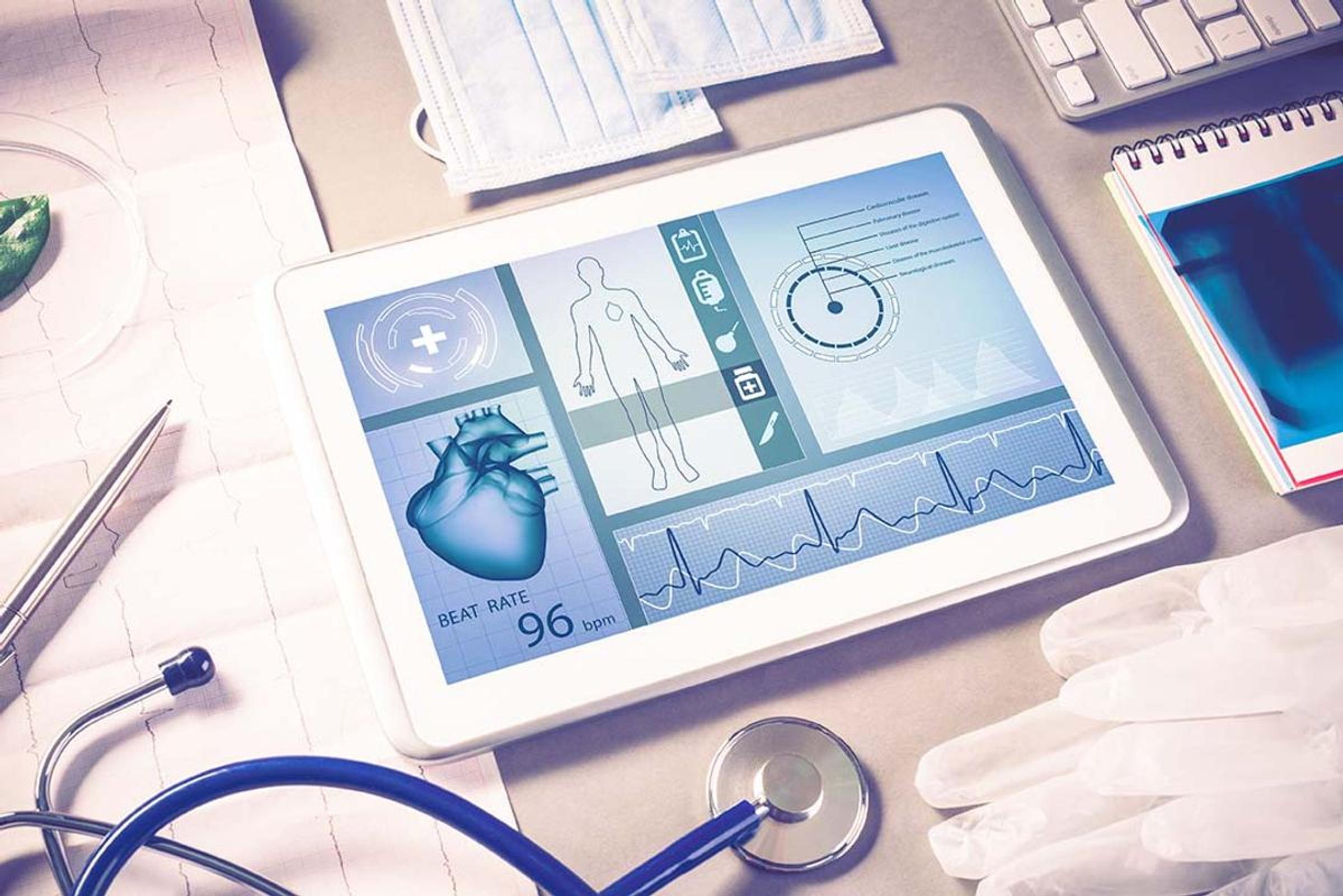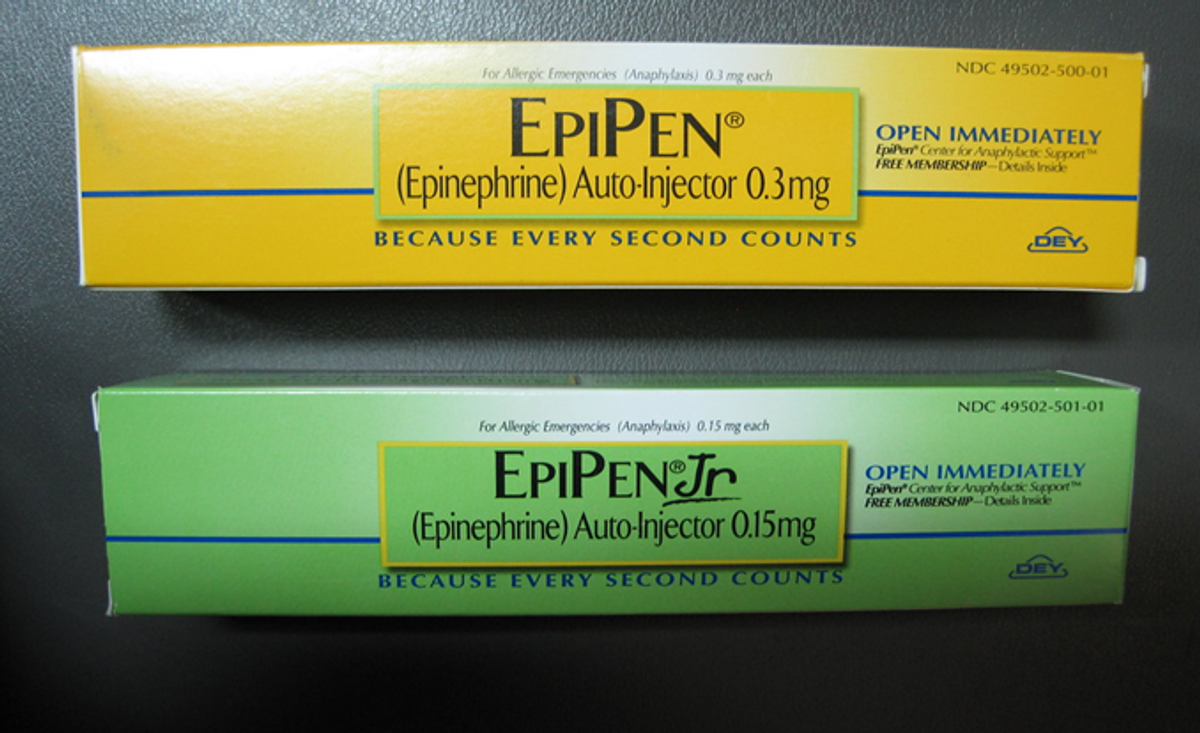Health

Anaphylaxis
Anaphylaxis is a medical emergency, requiring immediate treatment with adrenaline. If anaphylaxis is suspected, call 000 Immediately, administer adrenaline auto-injector (EpiPen) if available and commence CPR if needed.
There are many causes, including food, medications, and substances, as well as insect venom.
Having unstable asthma increases the risk of severe anaphylaxis, particularly in those with food allergies.
Signs of severe anaphylaxis.
- difficulty or noisy breathing
- swelling of tongue
- swelling or tightness in throat
- difficulty talking and/or hoarse voice
- wheeze or persistent cough
- persistent dizziness or collapse
- young children may appear pale and floppy.
If you know or care for someone at risk of anaphylaxis, it is important to know their allergic triggers and to have a plan to minimise their risk of exposure to known allergens. This includes raising awareness of the causes of anaphylaxis and treatment plans with carers, friends and the community.
At the College we have EpiPens located in the Health Centre, all first aid kits for excursions/camps and in the first aid kits around the school. In addition, students will bring their own EpiPens to excursions and camps. Our teaching staff also attend training yearly to keep their skills current.
Judy Buckley
College Nurse

